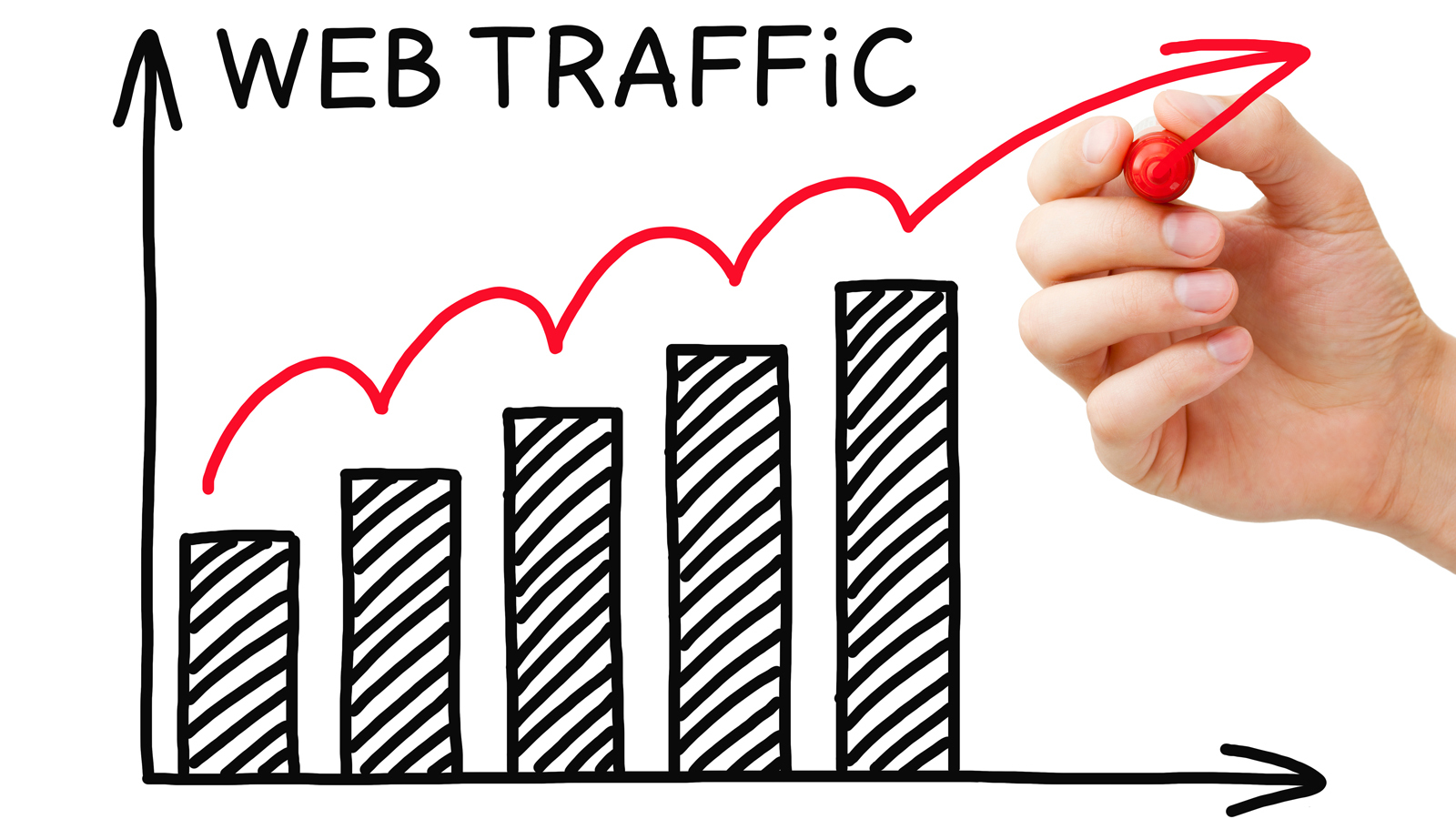There’s nothing worse than putting sensitive information into a site and not knowing if it’s safe or if some Joe Schmo is going to start wracking up your credit card in the next five minutes. This is where the “s” at the end of HTTPS comes into play. It’s more than just an added letter; it’s added security. This security is called SSL and SSL does more than make you sound fancy to your friends. It’s the security technology that lives between you and the Joe Schmoes of the world.
Let’s dive deeper into why SSL is not only important as a consumer but also as a business.
What is an SSL?
SSL stands for Secure Sockets Layer. Essentially, it’s a security technology that helps keep your internet connection secure and private. An encrypted link is established between a server and a browser that keeps sensitive information private when passed between the two. This prevents intruders from exploiting communications to trick users into providing sensitive data or inserting their own advertisements into your content.
Benefits of having an SSL
Encrypts sensitive information - protecting website users

Just because you aren’t directly selling to consumers doesn’t mean you shouldn’t utilize an SSL. SSL certificates are helpful when securing several types of information including:
- Credit card numbers
- Account logins
- Data transfers
- Social media and site browsing behaviors
The primary reason SSL is utilized is to encrypt information sent across the internet so only the attended recipient can see it. This is critical. Data sent over the internet is passed from computer to computer before it reaches its destination server. This means any computer in the information journey can see confidential data if not encrypted with an SSL certificate. When an SSL certificate is used, the data becomes unreadable to all computers in the information journey except the intended recipient.
Provides trust - building user confidence in your website
.jpg)
Web browsers give visual cues such as the lock icon to customers visiting sites. This helps them determine whether or not their information will be secure on the site. Visitors are looking for these visual cues whether they are on the checkout page of the website or the homepage. It’s an indicator of trust and authority. When users visit sites with these visual cues, they are more likely to make a purchase and provide their information.
For example, if you were to work from a local coffee shop for the day, SSL indicators could help you determine which websites were safe to visit. A public network makes it easier for criminals to discover sensitive information about you, but with an SSL, the information is encrypted.
Increased conversions and traffic - Google likes safe websites

Since 2014, Google has been letting us know that SSL certificates are essential when it comes to search engine rankings. Implementing an SSL isn’t going to immediately drive your site to the top of the SERPS, but it will improve your standing from a search engine optimization perspective.
For example, do a search and take a look at Google’s first page of organic results. You will quickly notice that URLs beginning with HTTPS often show up higher in the rankings. Go further into Google’s pages and you will notice the dwindling number of websites with SSL certificates.
Google has already started flagging websites without SSLs with a red bar and a “not secure” tag that is sure to drive traffic away. Nothing says, “don’t look at my website,” like a giant red warning across your URL.
What does having an SSL look like?
Although there are different types of SSL certificates, all have the same visual indicator of the padlock icon. Here is an example of a site with an SSL certificate and one without.
URL with SSL

URL without SSL

Not quite ready to tackle SSL yourself? Good news! We can help you purchase, validate and install your SSL certificate. Contact us today to get started.



